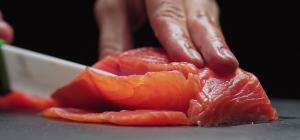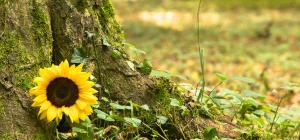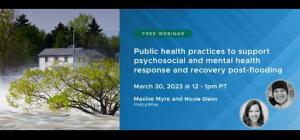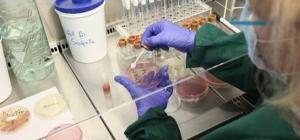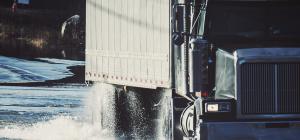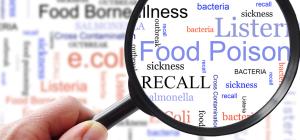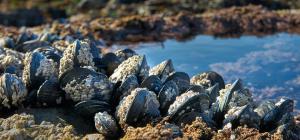BCIT Environmental Health Student Presentations 2015
Webinar Series
NCCEH Webinar
Webinar Date
June 25, 2015, All day
Speaker
Charlene Tang
Rebecca Li
Body
The BCCDC/NCCEH Environmental Health Seminar Series provides an opportunity for learning and knowledge exchange on a variety of environmental health topics. The seminars can be attended in-person or online.
Title 1: Knowledge Translation and the Public Health Inspector: Turning Evidence into Practice
Speaker: Charlene Tang, British Columbia Institute of Technology
Abstract: This study focuses on knowledge translation – the process of using the best available knowledge to inform decision-making. PHIs are tasked with the critical responsibility of protecting public health. However, there is little data available about how effective and consistent current methods of distributing information to professionals across Canada are. The purpose of this research is to address this deficit by determining: (1) what information PHIs use when making public health decisions, (2) how PHIs go about finding the information required, and (3) the level of trust invested into each source of data.
Speaker: Charlene Tang, British Columbia Institute of Technology
Abstract: This study focuses on knowledge translation – the process of using the best available knowledge to inform decision-making. PHIs are tasked with the critical responsibility of protecting public health. However, there is little data available about how effective and consistent current methods of distributing information to professionals across Canada are. The purpose of this research is to address this deficit by determining: (1) what information PHIs use when making public health decisions, (2) how PHIs go about finding the information required, and (3) the level of trust invested into each source of data.
Title 2: Sous Vide Salmon Pasteurization Temperature
Speaker: Rebecca Li, British Columbia Institute of Technology
Abstract: “Sous vide” is a new way of cooking involving vacuum-packaged foods immersed in water, providing constant and controllable time and temperature measurements throughout the process. However, some sous vide style foods are cooked at temperatures that are lower than 60oC for short periods of time. This presents a recognizable food safety concern including the survival of harmful bacteria as well as conditions that do not achieve pathogen reduction during either the sous vide cooking or finishing (searing) process. This presentation will be introducing the research project that investigated the time and temperature relationship for sous vide salmon to examine if pasteurization temperature was achieved if an additional searing step was performed.


